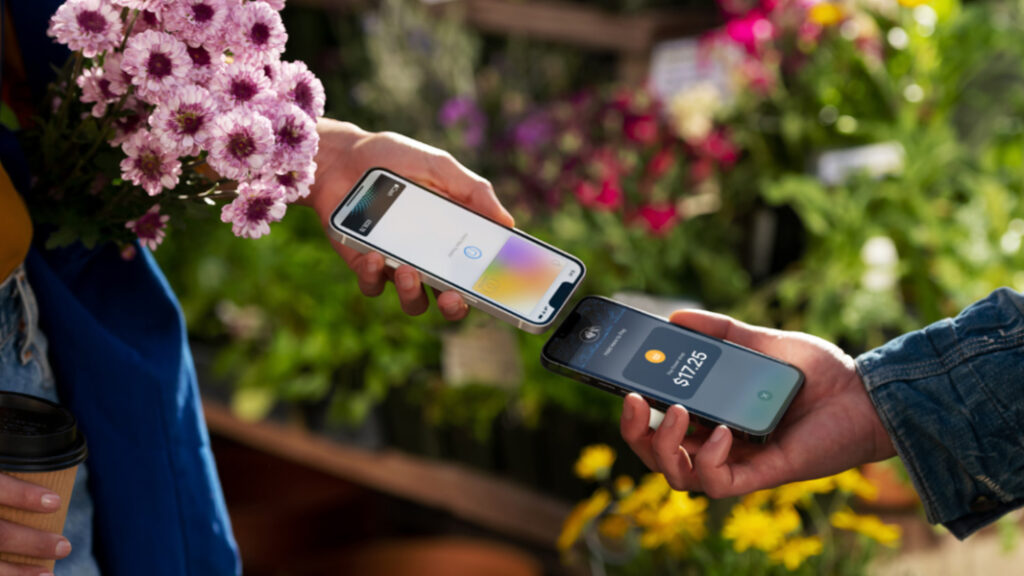EU Wants to Open Up Apple Pay and iOS Browser Engines
- Laurent Giret
- Apr 28, 2022
-
14

The European Union wants Apple to stop preventing rivals from accessing its mobile payment system or offering alternative browser engines on iOS devices. According to a report from the Financial Times, the EU is planning next week to accuse Apple of breaking EU law due to the company’s anti-competitive practices regarding Apple Pay.
The EU started investigating the Apple Pay situation two years ago and Apple could face fines worth up to 10% of the company’s global turnover, which is quite significant even for a massive company like Apple. What the EU wants Apple to do is to finally allow third parties to use the iPhone’s NFC technology to process payments.
Windows Intelligence In Your Inbox
Sign up for our new free newsletter to get three time-saving tips each Friday — and get free copies of Paul Thurrott's Windows 11 and Windows 10 Field Guides (normally $9.99) as a special welcome gift!
"*" indicates required fields
Since the launch of Apple Pay back in 2014, Apple has always refused to open up its mobile payment solution to third parties, arguing that doing so would compromise the security and privacy of its customers. “The timing of the EU’s announcement of charges could still slip, people close to the investigation warned, but added that the commission was determined to act soon,” the Wall Street Journal reported.
The EU’s Digital Markets Act (not to be confused with the Digital Services Act), which is expected to take effect in 2024 could also force Apple to reconsider the way it forces third-party web browsers to use the company’s Webkit engine. As reported by The Register, an unpublished revised version of the DMA now explicitly addresses situations where platform holders prevent competing web browsers to use their own browser engines.
Here’s a passage of the revised DMA highlighted by The Register that should make Apple nervous:
When gatekeepers operate and impose browser engines, they are in a position to determine the functionality and standards that will apply not only to their own web browsers, but also to competing web browsers and, in turn, to web software applications.
Gatekeepers should therefore not use their position as undertakings providing core platform services to require their dependent business users to use any of those services provided by the gatekeeper itself as part of the provision of services or products by these business users.
The fact that all web browsers on iOS, including Microsoft Edge and Google Chrome, need to use Apple’s Webkit engine is quite problematic, and not only for competition reasons. WebKit vulnerabilities affect all iOS browsers, and a company like Apple which likes to bang the security drum over and over is actually preventing iPhone and iPad users to protect themselves by using third-party browsers with potentially more secure engines.
There’s still a long way to go until true browser competition becomes a reality on iOS, and Apple may well find new ways to delay what seems to be inevitable. Speaking to The Register, Alex Russell, partner program manager on Microsoft Edge wasn’t exactly hopeful. “Apple has spent enormous amounts to lobby on this, and they aren’t stupid. Everyone should expect them to continue to play games along the lines of what they tried in Denmark and South Korea.”